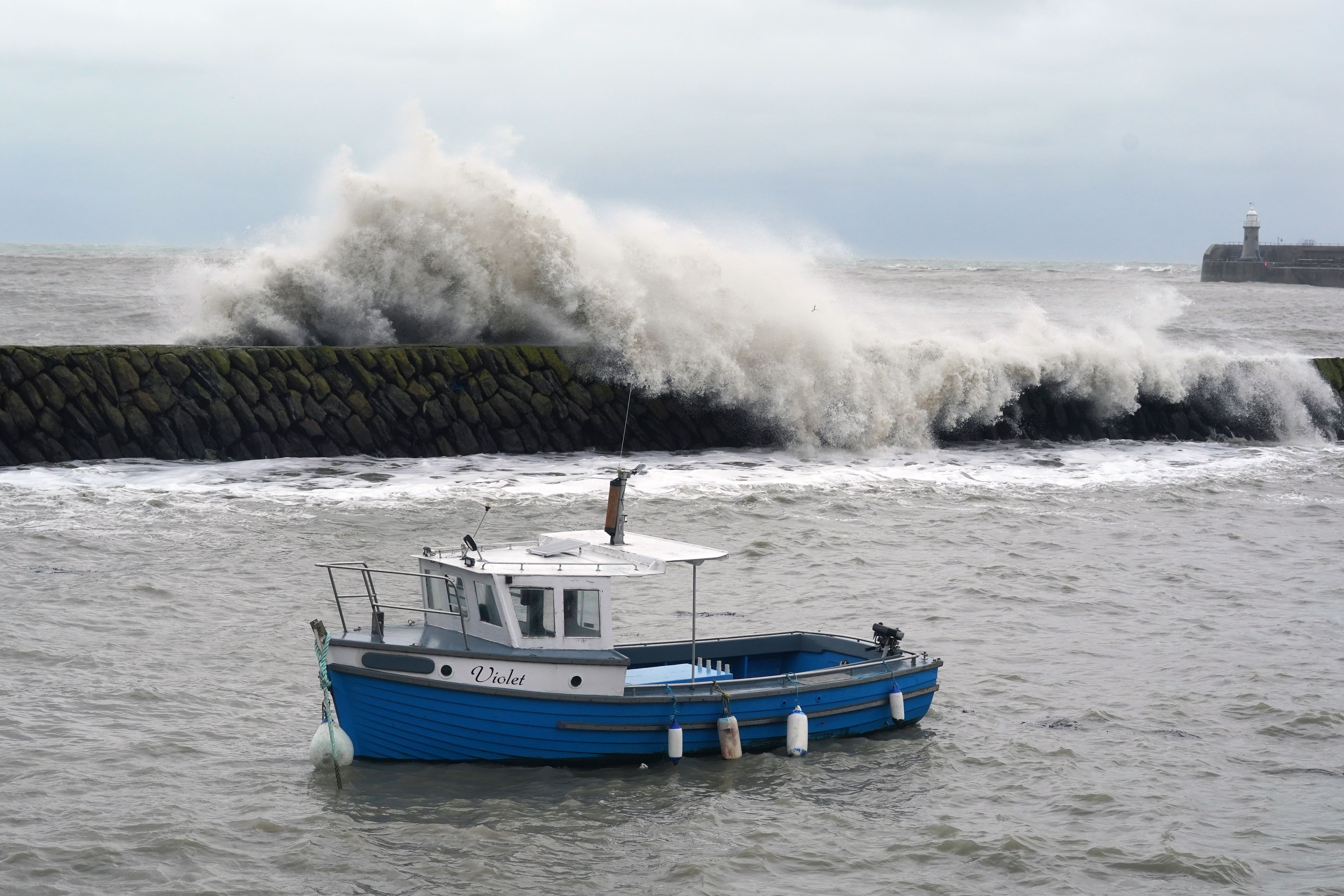Last decade hottest on record, says World Meteorological Organisation
Greenhouse gases are causing glaciers to melt, which are raising sea levels and threatening millions with flooding.

The previous decade has been the hottest on record with polar and mountain ice melting and the sea levels rising faster than in the 20th century, the World Meteorological Organisation (WMO) has said.
Glaciers have thinned by an “unprecedented” one metre per year while the Antarctic continental ice sheet lost nearly 75% more ice between 2011-2020 than it did between 2001-2010.
This means there will be less fresh water available for millions of people around the world while low-lying coastal areas face being inundated by rising tides.
Global greenhouse gases continue to rise despite a brief dip during the Covid pandemic, with each decade hotter than the last since the 1990s, the WMO said.
We are losing the race to save our melting glaciers and ice sheets
Between 2011 and 2020, the average global temperature was 1.1C above pre-industrial levels, according to the WMO’s analysis.
The hottest years of the decade were 2016 and 2020 while the six hottest years taken together on record were between 2015 and 2020.
WMO secretary-general Professor Petteri Taalas said: “Each decade since the 1990s has been warmer than the previous one and we see no immediate sign of this trend reversing.
“More countries reported record high temperatures than in any other decade. Our ocean is warming faster and faster and the rate of sea level rise has nearly doubled in less than a generation.
“We are losing the race to save our melting glaciers and ice sheets.”
The Arctic is heating faster than any other region on Earth because solar energy is absorbed by dark oceans instead of being reflected back into space off white sea ice in a process known as the Albedo effect.
Melting of the Greenland ice sheet caused the sea level to rise at an annual rate of 4.5mm a year in the last decade, compared to 2.9mm a year between 2001-2010.
The only good news is that the hole in the ozone layer above the Antarctic had shrunk compared to the previous two decades and that early warning systems for disasters had improved, resulting in fewer people injured and killed.
Countries have pledged to stop the average global temperature rising 1.5C above pre-industrial levels and have gathered in Dubai at Cop28 to assess progress on that goal.
Last week, the WMO released provisional figures showing it is almost certain that 2023 will be the hottest year ever recorded. Scientists are urging governments around the world to commit to a rapid phase-out of fossil fuel use.
Our weather is becoming more extreme, with a clear and demonstrable impact on socio-economic development
Prof Taalas said: “We have to cut greenhouse gas emissions as a top and overriding priority for the planet in order to prevent climate change spiralling out of control.
“Our weather is becoming more extreme, with a clear and demonstrable impact on socio-economic development.
“Droughts, heatwaves, floods, tropical cyclones and wildfires damage infrastructure, destroy agricultural yields, limit water supplies and cause mass displacements.
“Numerous studies show that, in particular, the risk of intense heat has significantly increased in the past decade.”
Bookmark popover
Removed from bookmarks